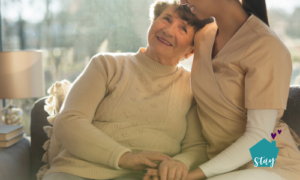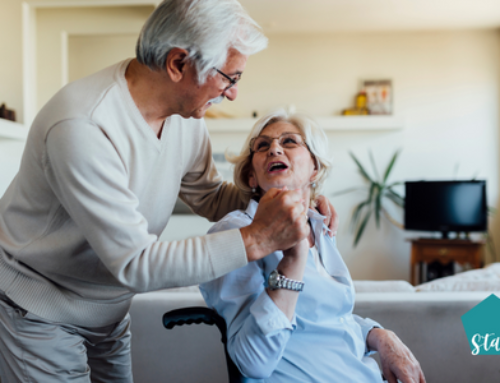Being a family caregiver is all about achieving better health for someone you care about. Unfortunately, while you’re caring for your loved one, you may also be putting your own health at risk. In fact, the Family Caregiver Alliance describes family caregivers as “a population at risk.” In fact, one in ten caregivers say that taking care of someone else has caused their own health to decline. Knowing how caregiving can affect your health may help you to avoid getting sick yourself.
Physical Problems Associated with Caregiving
Surveys show that caregivers generally feel less well than others. Three fifths of caregivers state they are in “poor health” or that they have a disability. But, only one third of non-caregivers responded in the same manner. In addition, people who are caregivers are twice as likely to have a chronic health condition, such as cancer or diabetes.
In addition to major health conditions, being a caregiver may cause you to experience other ailments like:
- Heartburn.
- Headaches.
- Obesity.
- General pains or aching.
- Muscle strains.
Caregivers also seem to have weaker immune systems. They tend to get illnesses or suffer infections more than non-caregivers.
Emotional and Mental Health Impact
In addition to physical illness, being a caregiver can also cause emotional and mental health problems. According to the Family Caregiver Alliance, people who are taking care of someone else tend to develop problems like anxiety and depression more often. They offer the following statistics:
- Between 40 and 70 percent of caregivers show signs of clinical depression. Up to 50 percent of those people have symptoms consistent with major depression.
- The worse the condition of the person being cared for, the more likely the caregiver is to suffer from depression. Caregivers for people with dementia are especially at risk.
- 26 percent of caregivers report that their duties come with an emotional price.
- 22 percent of caregivers say they feel exhausted by the time they get to bed at night.
It seems that women are at a particularly high risk for suffering ill health due to caregiving. Women may be more likely to put off their own health. They may not seek regular health care, such as physicals and cancer screenings.
If any of these health problems strike a chord with you, it’s important that you make the time to take care of yourself. Schedule an appointment with your doctor. Be sure to tell them you are a caregiver so that they can screen for the associated problems. Home care can help to ease your time constraints by giving you the time you need to do things like attend doctor appointments, exercise, relieve stress, and eat balanced meals.
Sources
https://www.caregiver.org/caregiver-health
https://www.webmd.com/healthy-aging/caregiver-recognizing-burnout#1
For caregivers in Cherry Hill, NJ, and the surrounding areas, call and talk to us at Home to Stay Healthcare Solutions (856) 321-1500.













